Superyacht Laundry Services with Jill Devine
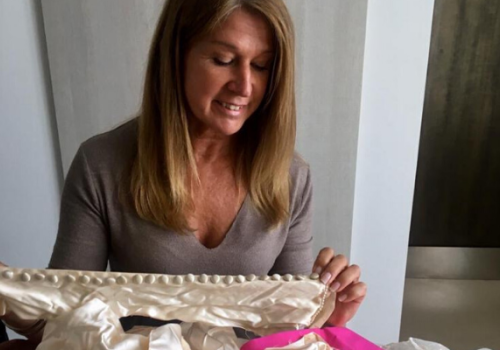
While superyacht charters are on hold for now, it’s only a matter of time before things pick up and crew prepare to welcome guests back on board. Behind the scenes this includes everything from safety drills to provisioning and laundry, which is often a challenge on smaller yachts and those needing a fast turnaround.
Spotting a gap in the market, Jill Devine launched The Linen Basket in 2014 to provide a luxury laundry service for yachts and villas on the Cote d'Azur. An expert in textiles, with years of experience in both high street and high end fashion, we met up with Jill to discuss the bespoke service she offers, her tips on how to protect the environment, and best practice in light of the coronavirus.
Tell us a little about your background and what inspired your interest in textiles?
I made a dress in my 3rd year at junior school and from then, I developed a love for fabrics and design. I never imagined it could be a career but as a teenager, I always had a desire to be individual in my look and spent all my Saturday job money on clothes or fabrics.
Where did you train and what did it involve?
I studied at Teesside University, one of only three universities that ran the Associateship of the Clothing and Footwear Institute course. It was a very intense four-year course geared towards production management of clothing factories, buying and marketing.
I studied, textiles, garment making (industrial), pattern cutting, design, marketing, law, finance, economics, statistics and computer studies. Pattern cutting was a bit like architecture and very difficult to learn but eventually, we could design and cut any garment we wanted and spent Friday afternoons creating our outfits for the weekend! I was lucky to spend my industrial placement with Liz Devereaux Bachelor and George Davies while they were setting up the retail chain Next and I gained invaluable experience. I later did a full textiles degree.
How did you apply this expertise in your early career?
I took the first job I was offered as quality manager with Adam children’s wear, the UK retail chain. They bought and shipped large consignments of children’s clothing from the Far East and India and the returns to stores due to poor quality were huge. I set up a quality control system and introduced size charts to ensure uniformity for every age group. I later oversaw quality control in the factories in India and Hong Kong and introduced fabric testing before we bought quantity - simple tests like colour fastness and shrinkage. As a result, returns to store improved by 72% in two years!
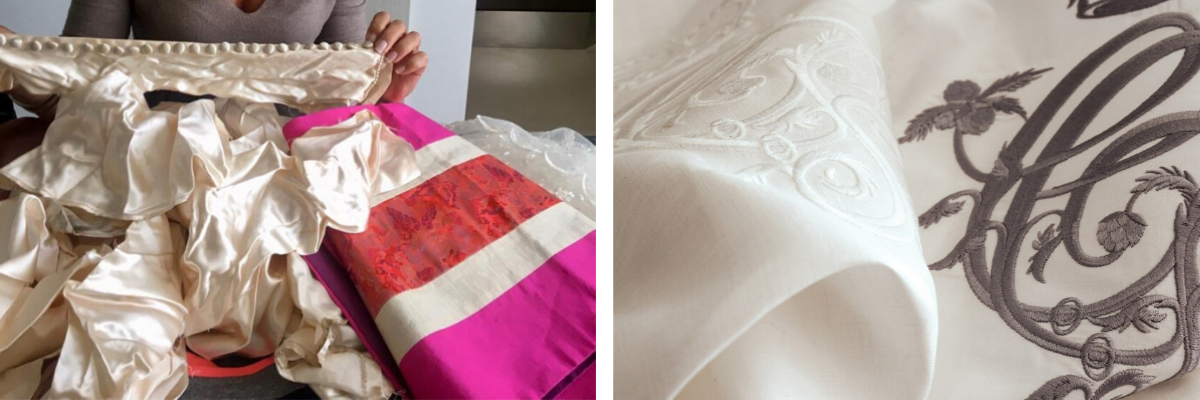
I was then invited by Ellis and Goldstein in London to help set up a label for the upmarket, fashionable, working woman. My job was to select fabrics and colourways, take the original designs into production and work with factories in the Far East, Italy and the UK. I had to sample production until I had the perfect garment at the perfect price, produce it, ship it and present it on the shop floor looking absolutely perfect. I even chose the hangers! We had 175 concession outlets in the UK and 75 in Europe.
What were some of the highlights during this time?
Because the company was new and we were a small team, we all got involved and made decisions on marketing and advertising. We ran a campaign in Vogue, Cosmopolitan and Marie Claire three months prior to the launch and our models were Paula Yates, Joanna Lumley, Jan Francis and Lisa Goddard! I worked with all of them for several months choosing what they wore and was hands on at photoshoots and our catwalk shows at the Barbican in London.
How did you first discover the yachting industry?
I met a man while I was on holiday who happened to work in yachting! After five years of long hours and non-stop travel, it seemed like the ideal job, so I went back to London, handed in my notice and flew out to join a boat a few days later. I finally arrived in Antibes the following year.
What prompted you to start The Linen Basket out of Antibes in France?
I was working here on the Cote d’Azur for a Paraglider and Kitesurf design company, supplementing my income with property management. One of the biggest problems was getting the laundry done for quick turnovers with a quality finish, so I seized the opportunity to do it myself.
Which size of yacht do you mostly cater to and how far along the coast do you operate?
I work between Monaco and Mandelieu and the majority of my clients are charter yachts under 40m with fast turnarounds and not enough hands, space or facilities to do the laundry onboard. I do larger vessels too when they need extra help, like during Cannes Film Festival or Monaco GP, or if they have something special to clean. I have big machines, so I can also clean outdoor covers and larger items.
The business has grown steadily year on year, to what do you attribute your success?
I hope I am extremely helpful! The business has grown considerably but I am still small enough to be able to work with each yacht or villa and give them the service that they need. It’s not unusual for a captain to ask me to collect the laundry at 10pm when they have just come in to port and return it for 6am the following morning because he has to leave for Corsica at 7am. I can wash and return by cabin rather than in bulk. I can take one tablecloth and return it urgently because they need it for dinner that evening. I can use the detergent preference of the owner. Whatever the yacht needs, I have the flexibility to be able to do it.
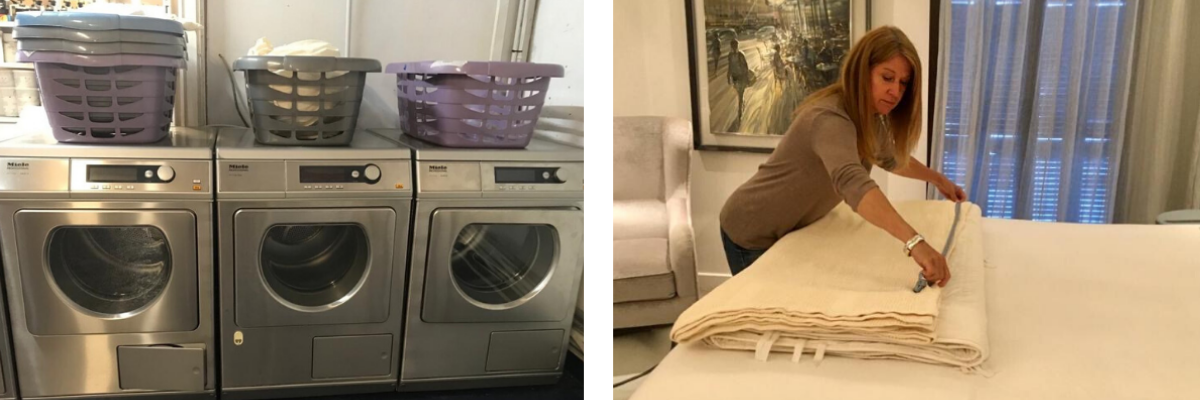
How do you attract new business?
I work with several management companies but most of my business comes via word of mouth or social media. Stews also ask their friends who they use when they’re in this region and it all builds from there. I enjoy the interaction within the yachting community and I love the early morning chatter on the quay!
Do stewardesses also contact you for advice and, if , what are the most typical concerns?
Yes! I often let new stewardesses come to the laundry to gain some experience. Most of them have never used a roller press, so it’s nice that they can have a try. They do keep in touch and they often message me throughout the season when they have a query. Sometimes it’s a coffee stain on a carpet but mostly they ask for advice about guest clothing because that is where they feel most vulnerable.
What are the most common mistakes or misconceptions around laundry and fabric care?
One of the easiest mistakes to make is washing whites after a load of colours. The machine always retains some of the water from previous washes so I advise using a colour catcher in the machine. The overuse of chlorine bleach and vinegar is also astounding - both are destructive to fabrics. Tumble drying can also be the culprit for colour loss as well as shrinkage and it’s very easy to overuse the dryer on a yacht!
In your view, do current training courses prepare interior crew to properly care for the extraordinary range of fabrics and finishes found on a superyacht?
I think some training courses prepare interior crew to ‘present’ an item ie pressing but nothing about how to care for a particular fabric and, in my view, you cannot launder anything unless you understand the fabric.
EYSERVICES is about to launch an online training course designed by Sheila Goddard together with industry professionals which I can highly recommend.
Is crew training something you plan to offer at some point?
Yes. I have done some crew training in the past and I will continue with it on a small scale. Anyone who would like a bit of practice is more than welcome in my laundry.
How important are the actual laundry products used and do eco-friendly products perform as well?
The correct detergents are crucial to the end result. A general product such as Aerial powder is versatile and performs very well on soaking and washing in a normal machine, even at the cooler temperatures. Aerial liquid or pods do not have the same cleaning potential but are easier to store onboard.
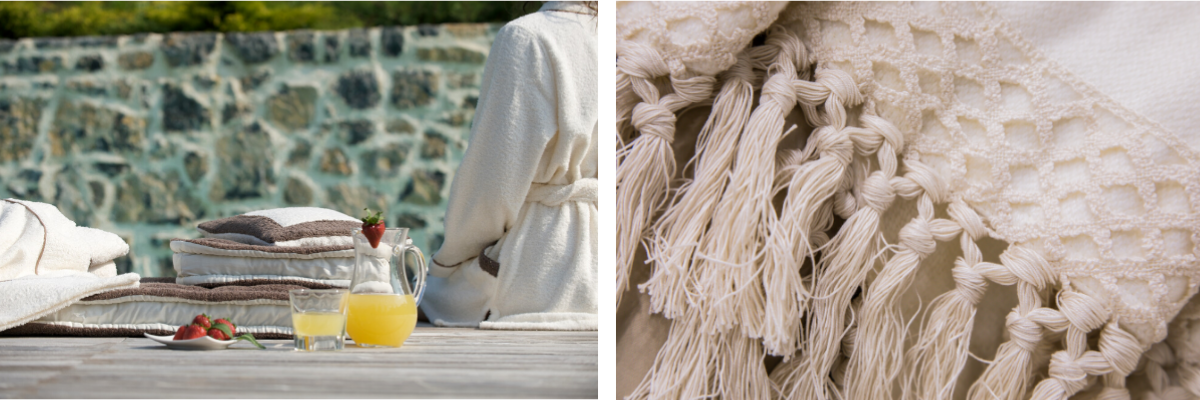
I have clients who specify certain eco detergents and in my experience they don’t clean as well as a biological powder. I often wash with a powerful detergent and then rewash in the eco, which defeats the object slightly but I get the result I want. Fabric softeners coat the fibres and can dull a colour and spoil a texture, so it can be a matter of trial and error too. I use industrial detergents specific to the fabric I am washing.
What else can crew do to minimize the environmental impact of their yacht’s laundry?
There are machines that wash with polymer beads that absorb the stains and dirt. They have very good reviews and are used by some of the world’s largest hotel chains. The beads can be used over 100 times and the amount of water is greatly reduced. They are still large scale machines but they are producing smaller versions which are worth consideration.
Recently you also began supplying a range of luxury bed linen, towels and loungewear made in Italy from 100% birch wood fibre – how did that come about and why birch wood?
I was asked by a management company to help with supplying a 55m yacht that was changing ownership. That was a success and the contacts I made led me to the birch wood fibre. It’s a beautiful fabric to handle, it’s incredibly soft and it drapes beautifully. What’s more, it doesn’t crease because birch is a naturally resilient and springy fibre. A light spray with water smooths the fabric and creates a perfectly presented bed in seconds so it’s ideal for a busy charter yacht. It’s much easier to deal with than cotton but it launders in the same way. It’s produced from sustainable northern European forests and can be made to measure with any weave, trim or embroidery the client desires.
Laundry is also a very physical job so you must be very fit?
I move approximately 10 000Kg (dry weight) of laundry per week and I drive 1500km per week in full season, so I do have to be physically fit because it’s exhausting work and very long hours. I have trained with Paddy Warwick for the past eight years - I do a tough bootcamp session twice a week and follow his nutritional guidance, so that definitely makes a difference. But I still don’t drink enough water!!
What are your thoughts on the likelihood of a Med season this year and how do you envisage the transition back to normality for your business?
There are so many conflicting opinions on what will happen this year. I do hope we get something as all shore based businesses are suffering. There will have to be changes and I have used the confinement time to research and do as many webinars as possible on what will be expected from laundry in the future.
Will the coronavirus pandemic have a lasting impact on the way laundry is managed or the products stewardesses use on board?
I think the most important thing will be ensuring that we remove all bacteria, microbes and viruses from bedlinen and towels and stipulating this fact to the charter guests. It will be particularly important between charters. Certain viruses such as the pneumonia virus can live on cotton for 11 days, so it is imperative that laundry is not only returned stain and crease free, but also virus and bacteria free. I have the correct products ready and waiting. Unfortunately, holding the wash temperature at 60c for 20 mins to be absolutely certain of removing microbes and viruses, is not possible in a domestic machine, so most yachts will not be able to do this adequately.
Where do you see your business in 10 years?
I envisage that the business will have more staff but perform in the same way. I don’t want to deviate from the service I offer now, which is very different from a large commercial laundry. I would expect to be doing less of the hard work and I would like an ex-stewardess to be running the day to day using her own experiences to guide the way forward and keep the business fresh.
Who has most inspired or influenced you in your career do far?
My father was a great influence and encouraged me to ‘be educated but never be afraid to change’ but an ongoing influence has to be Joanna Lumley. From working with her in my early days, her fun and enthusiasm for life shone out. Now in her 70s, she is still working with insatiable interest and her personal style and colour choices have never waned.
What’s your motto?
If at first I don’t succeed, try, try and try again!

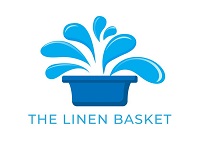
Post your comment
You cannot post comments until you have logged in.
Login to post a commentComments
No one has commented on this page yet.
RSS feed for comments on this page | RSS feed for all comments